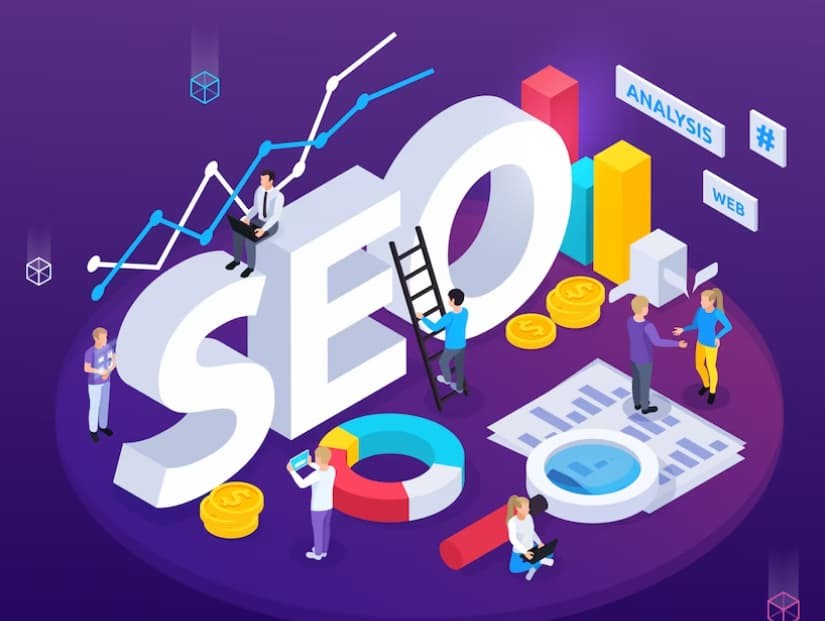In the vast expanse of the digital universe, where every query, every search, and every click leads us down a rabbit hole of information, understanding the psychology behind search engine rankings becomes not just a matter of curiosity but a necessity. This exploration is not only about the algorithms and the codes that dictate what we see but about unraveling the human mind and its intricate relationship with technology. As we dive into this topic, we’ll channel the engaging and insightful style of Alex Cattoni, aiming to demystify the complex world of SEO through a lens that combines the technical with the human, the logical with the emotional, and the analytical with the creative.
The Intersection of Psychology and Search Engines
At first glance, search engines may seem like mere tools—digital librarians that fetch information based on our queries. However, they are much more than that. They are mirrors reflecting our desires, fears, questions, and, sometimes, even our deepest secrets. This reflection is not passive; it actively shapes our behavior, preferences, and decisions. Understanding this dynamic is crucial for anyone looking to master the art of search engine optimization (SEO). An SEO expert doesn’t just manipulate keywords and backlinks; they delve into the psychology of their target audience, predicting and influencing their search behaviors.
The Dance of Relevance and Authority
Why do certain pages make it to the top of search engine rankings while others languish in obscurity? The answer lies in relevance and authority—two pillars that support the edifice of SEO. Relevance is about meeting the searcher’s intent, answering their question, or solving their problem with precision. Authority, on the other hand, is earned through trust, credibility, and the endorsement of others in the form of links, shares, and mentions.
But here’s where psychology plays a pivotal role. Search engines, in their quest to serve users, must understand not just the literal meaning of queries but the intent behind them. Is the user looking to buy, to learn, or simply to explore? The algorithms, therefore, become psychologists, analyzing patterns, deciphering behaviors, and predicting needs.
The Emotional Triggers in Search Results
Emotion drives action. This principle is at the heart of marketing, advertising, and yes, even SEO. Titles and descriptions in search results are not just strings of words; they are carefully crafted messages designed to resonate on an emotional level. Whether it’s the excitement of discovering something new, the relief of finding a solution, or the joy of stumbling upon a great deal, these emotional triggers influence click-through rates and engagement.
SEO experts don’t understand the power of words to evoke emotions and uses this knowledge to craft content that speaks directly to the hearts and minds of their audience. It’s not just about including the right keywords but about weaving them into narratives that compel, persuade, and engage.
The Role of Social Proof and Authority
Humans are social creatures, and our decisions are heavily influenced by the opinions, behaviors, and endorsements of others. This principle of social proof is deeply embedded in the algorithms of search engines through metrics like backlinks, social shares, and reviews. A page that is widely cited, shared, and talked about is perceived as more authoritative and, therefore, more deserving of a top spot in search rankings.
But it’s not just about quantity; the quality and relevance of these endorsements matter. A link from a highly respected site in your industry carries more weight than a dozen links from obscure blogs. Similarly, positive reviews from genuine customers boost not just your rankings but your brand’s credibility and trustworthiness.
Navigating the Future of Search Engine Psychology
As search engines evolve, becoming more sophisticated in understanding and interpreting human behavior, the role of an SEO expert also transforms. It’s no longer enough to master the technical aspects of SEO; one must also understand the psychological nuances that drive search behaviors. This means staying ahead of trends, understanding the impact of new technologies like AI and voice search, and continuously adapting strategies to align with the way people search, think, and feel.
Conclusion:
In conclusion, the psychology behind search engine rankings is a fascinating confluence of technology, psychology, and marketing. By decoding this complex interplay, we can create content that not only ranks well but resonates with our audience, fulfills their needs, and sparks their emotions. This is the art and science of SEO—a field where understanding the human mind is as crucial as understanding algorithms. As we navigate this ever-changing landscape, we must remember that at the heart of every search query is a person seeking answers, and our job, as marketers, content creators, or SEO experts, is to guide them to those answers in the most effective, ethical, and engaging way possible.
